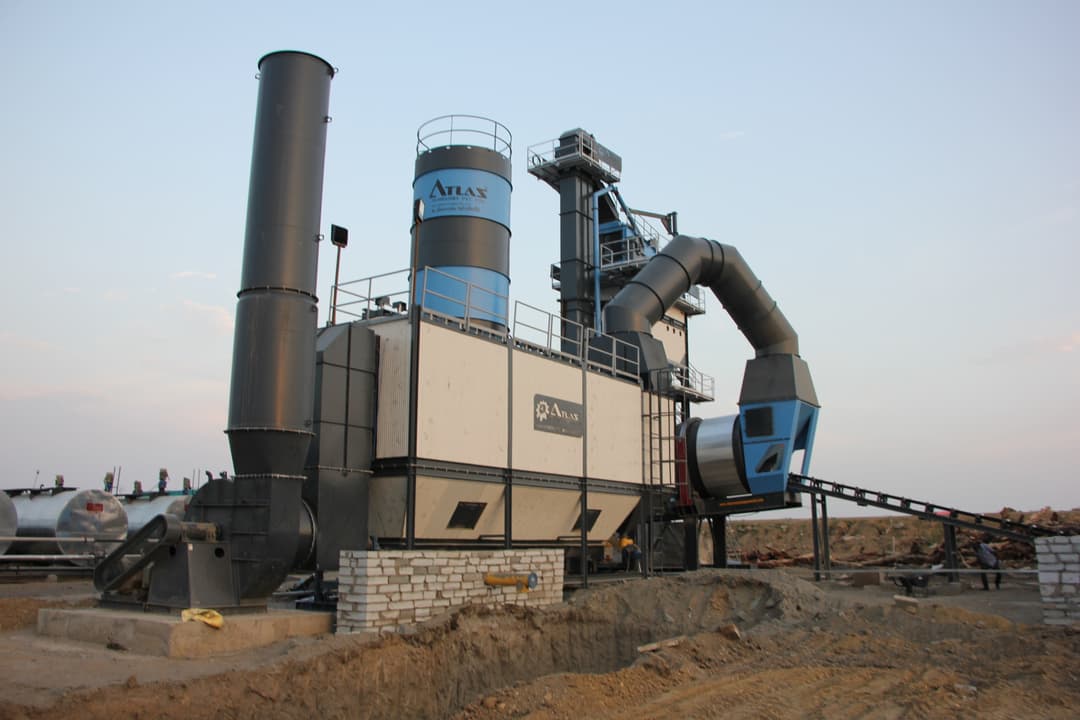Stationary Asphalt Batch
Plants [60-320 TPH]
Precision Mixing for National Highways & Megaprojects
Products
Discover and filter the products you need.
Filters

ABP 80
60-80 TPH | Ideal for small to medium production scale | 1000 KG

ABP 100
80-100 TPH | Ideal for mid-range production | 1250 KG

ABP 120
120 TPH | Perfect for balanced capacity and efficiency | 1500 KG

ABP 140
140 TPH | High capacity with robust mixing performance | 1750 KG

ABP 160
160 TPH | High capacity with excellent performance | 2000 KG
ABP 180
180 TPH | High volume for demanding production | 2250 KG
ABP 200
200 TPH | Maximum capacity for high-volume production | 2500 KG

ABP 260
240-260 TPH | High performance for large-scale production | 3000 KG

ABP 320
240-260 TPH | Ideal for large-scale production with excellent capacity | 5000 KG
Overview
Where Precision Meets Performance
Our Stationary Asphalt Batch Plants combine rugged engineering with precision controls to deliver consistent, high-quality output even under the toughest climatic and load conditions. Designed with advanced PLC-based automation, energy-efficient multi-fuel burners, and optional RAP systems, these plants are built for next-generation infrastructure.
BENEFITS
What Makes Atlas ABPs the Best Choice?
1. Unrivaled Mix Precision
−- ✓ High-accuracy mixing with consistent batch quality
- ✓ Twin-shaft mixers with 45–60 second cycles
2. Lowest Cost-Per-Ton
+- ✓ Energy-efficient, multi-fuel burners
- ✓ Optional RAP system supports up to 30% reuse
3. Built for Extreme Conditions
+- ✓ -30°C to 55°C operational range (Arctic to desert proven)
- ✓ Heavy-duty build with industrial-grade enclosures
4. Global Support Network
+- ✓ 24/7 technical assistance available
- ✓ Installed across 35+ countries worldwide
5. Sustainability Features
+- ✓ Baghouse filtration reduces dust emissions
- ✓ Optional low-emission burners available
CONNECT WITH US
Ready to Build? Let’s Talk!
Fill out the form to share your project needs and discuss the best option for it.
